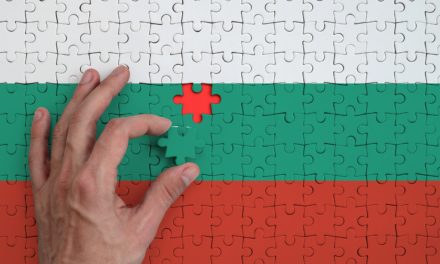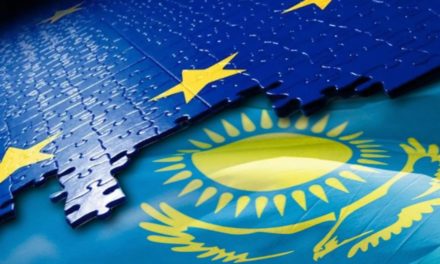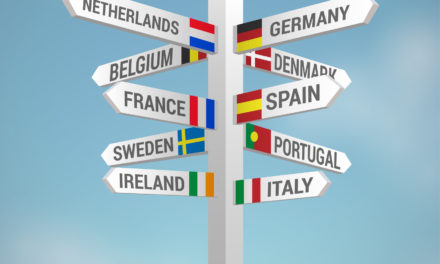There are only three things to remember in Europe in November 2020: the COVID19 virus, vaccines against it, the economic and debt crisis it generates and finally the new war in Nagorno-Karabakh.
COVID19
The virus rages again and again, paralyzing everything, justice, politics, economy, tourism, business, culture, leisure, sport. Almost everything is at a standstill.
National governments are trying to take measures to curb the virus, with decisions and actions that are more or less coercive. Among the flagship measures, administrative closures of places (such as pubs, restaurants, theaters or sports centers) or more or less severe restrictions on the amount of population located a given place.
The European people are somehow confused as the measures sometimes seem far away from any common sense, such as the 30-person gauge imposed by the French government in all places of worship, regardless of their size. Montmartre Basilica? 30 people. The tiny chapel on Rue du Bac? Thirty people too. Do not try to understand because there is nothing to understand. A Belgian minister eventually created turmoil by saying that certain decisions were taken only to create a massive effect, a dynamic. Those who have lost their life-long-business will appreciate it.
COVID19 vaccines
During the crisis, pharmaceutical companies are moving forward as fast as possible. November has been a vaccine announcement festival : each new vaccine that is released is supposed to be even more successful than the previous ones the day before. This race for “self-declared” effectiveness was so ridiculous that it eventually raised suspicions about anti-vaccines people – they are relatively common in Europe. Wouldn’t this race be suspect? Europeans are bored and you can tell it by reading on social medias. And they also distrust their governments, which is an older and more serious problem.
However, the arrival of these vaccines now provides a glimpse of a possible way out of the health crisis and a return to normal in 2021.
Rising debt crisis and economic crisis
When the health crisis is over, the economic and financial crisis will remain. Unemployment will jump in Europe like never before and national debts will reach records. However, Europeans no longer seem even worried about having to repay these debts one day. Governments have open the cash flow, and no one is afraid or scared about future debts. Sounds quite magical, isn’t it ? Well, at least on the surface, but it will cause very serious trouble one day or another when it comes to paying the bills. For now, “Let’s kiss, Folleville!” (Named after a play by Labiche).
Nagorno-Karabakh conflict
A conflict, ancient but brief, arouse in Eastern Europe over the last weeks. After a blitzkrieg war Azerbaijan recovered much of Nagorno-Karabakh, an area populated mainly by Armenians, at the expense of Armenia. This episode is an Azerbaijani response to the almost identical conflict it lost thirty years ago.
Turkey has actively supported Azerbaijan. Russia, an ally of the two belligerents, surprisingly let it go and then acted as an interposition force, like the UN “blue helmets” – but Vladimir Poutin’s way, without the UN. The Pax Russiana wins again.







